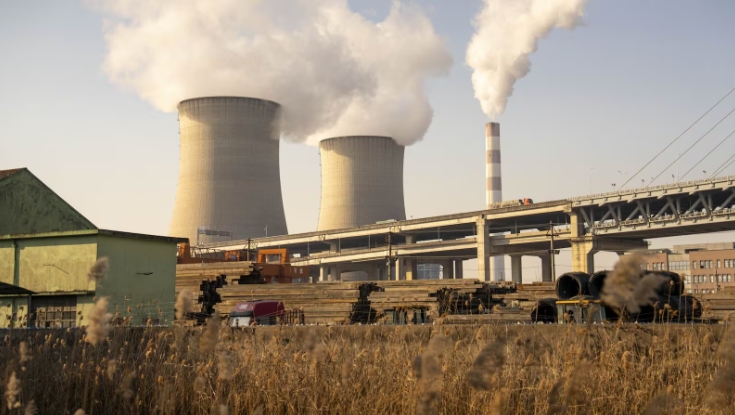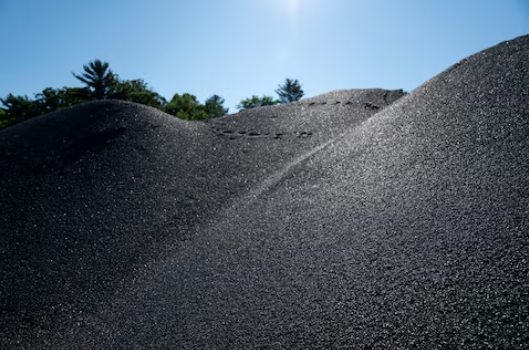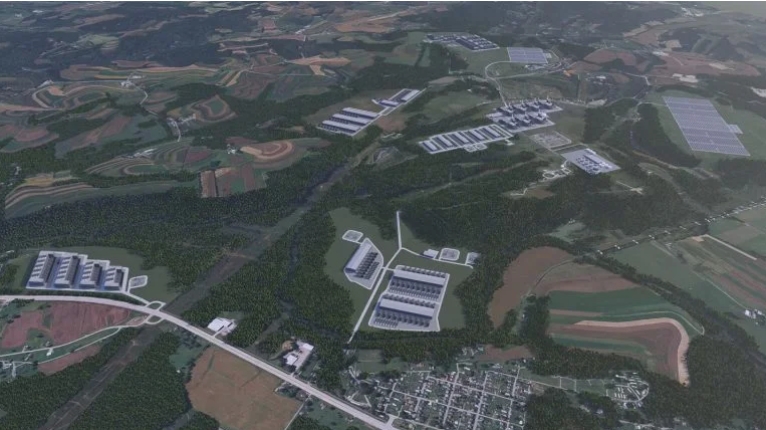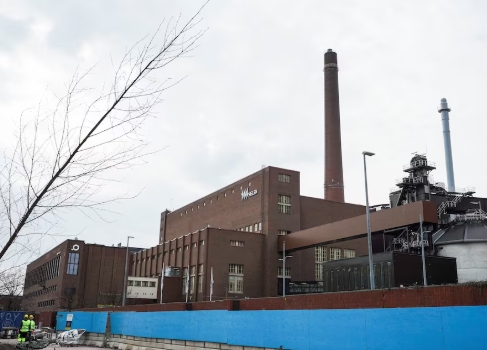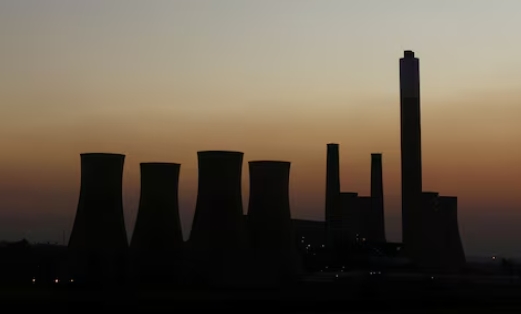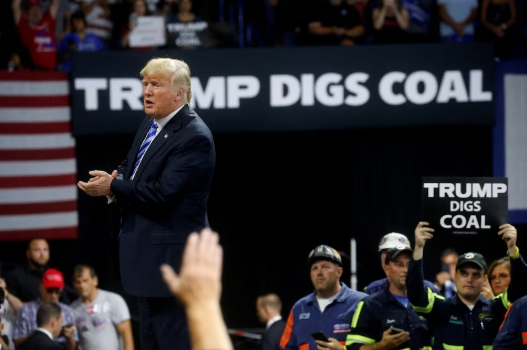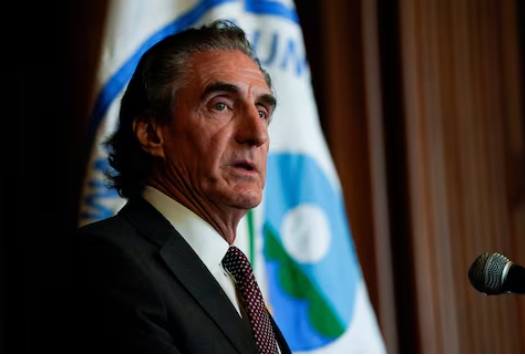The EU commissioner for the internal market, Thierry Breton, said the bloc will need to invest €500 billion ($586 billion) in new nuclear energy facilities by 2050, according to an interview published by the French newspaper Journal du Dimanche on Sunday.
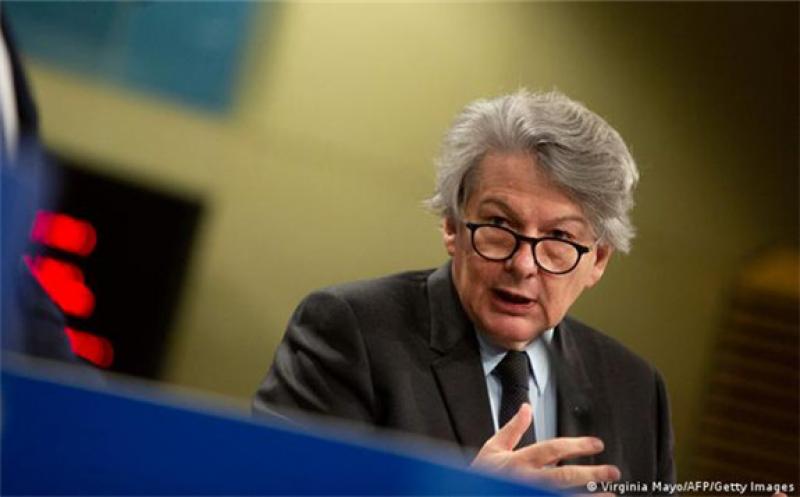
"Existing nuclear plants alone will need €50 billion of investment from now until 2030. And new generation ones will need 500 billion!" he said in the interview. "This effort represents around €20 billion a year."
His comments come as the EU considers labeling nuclear energy a "green" alternative to fossil fuels. The proposal, led by France, has triggered resistance in several other member states, including Austria and Germany.
Europe needs energy
Breton believes nuclear energy will play "a fundamental role" in the transition away from fossil fuels.
"To achieve carbon neutrality, we really have to step up our production of carbon-free electricity in Europe, especially considering that the demand for electricity is going to double in 30 years," Breton told the newspaper.
The commissioner went on to point out that nuclear power represents 26% of the electricity produced in Europe today but predicted that this will fall to 15% by 2050.
He said that nuclear power production will nevertheless need to be expanded to help meet the growing demand for carbon-free electricity.
EU divided over proposal
Asked about the opposition to nuclear energy from some EU member states, Breton said that how they source their energy is "the sole responsibility of the states."
"The joint responsibility has to focus on the means to be deployed throughout the European Union to meet the collective goal set by all member states: net-zero by 2050," Breton added.
The EU recently came up with a so-called taxonomy list, which is a labeling system for investments in sustainable "green" energy. The bloc aims to direct funding towards energy sources with a low or zero carbon footprint.
It attracted controversy by allowing nuclear energy and natural gas plants under certain emission-reducing criteria. Proponents of the idea, however, claim nuclear plants would be required to use up-to-date technology and operate under strict waste disposal plans.
